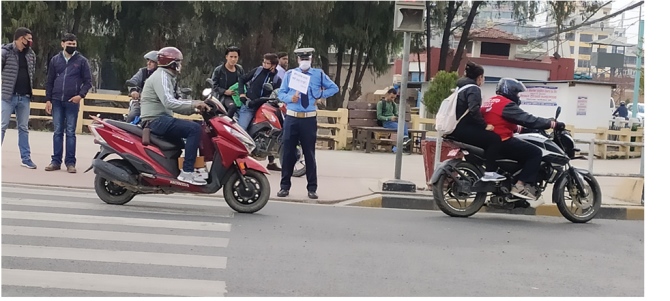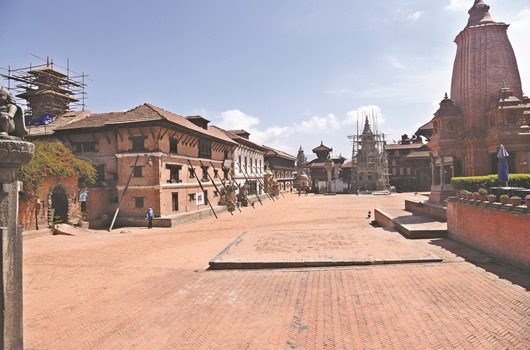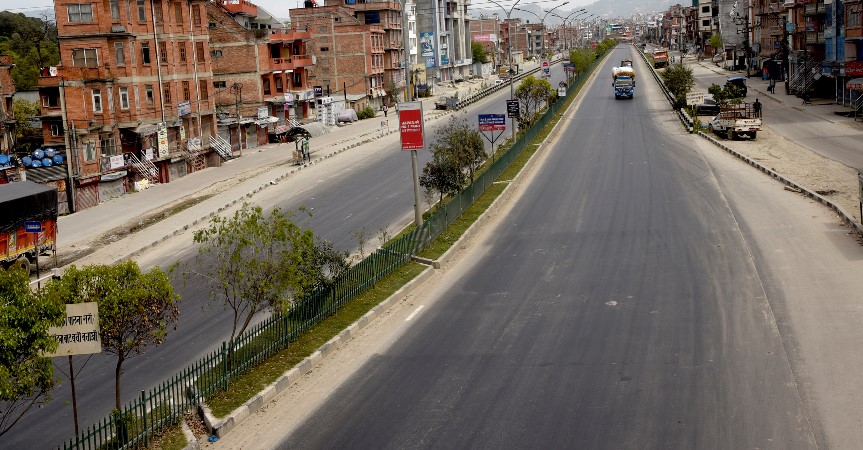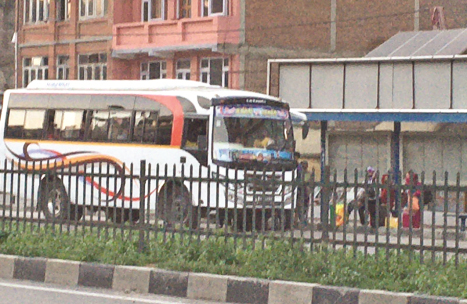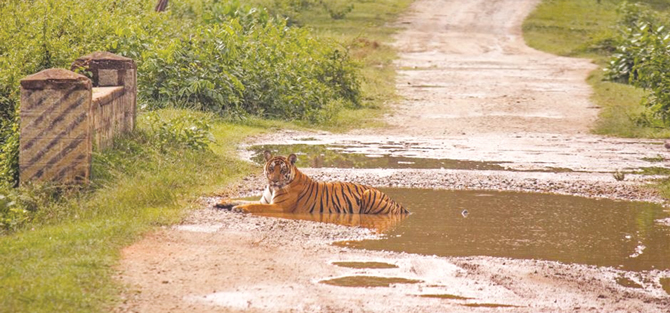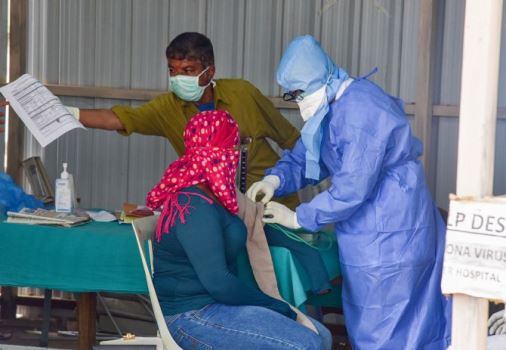Women more exposed to impacts of climate change
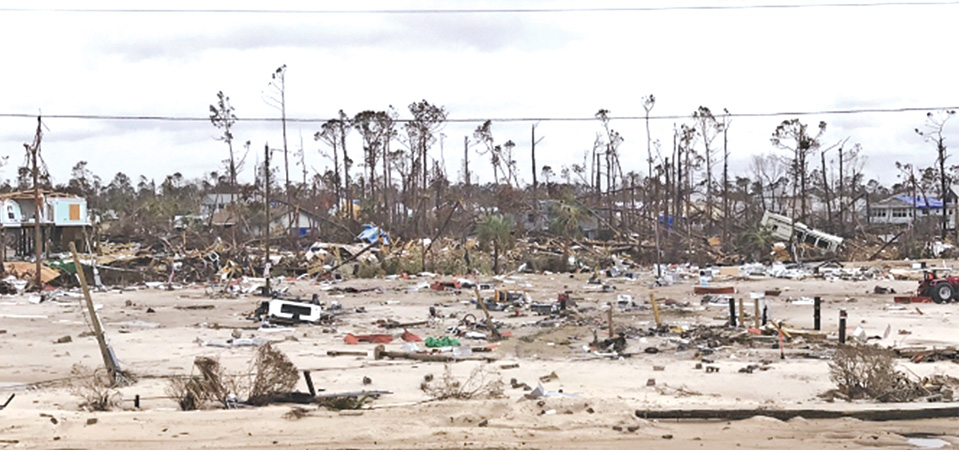
Kathmandu, Mar. 20: Women are more vulnerable to impacts of climate change than men as they are highly dependent on local natural resources for their livelihood.
In women’s role as housekeeper, they are more involved with the environment and natural resources. Their role for growing and collecting food, housing materials, collecting herbal medicines and making them as source of income are making women more dependent on natural resources, experts said.
According to UN, their roles as primary caregivers, providers of food and more dependent on natural resources make them more exposed to climate change. It is also said that women are 14 times more likely to die from climate change disaster because many of them are directly connected to the natural resources.
Radha Wagle, Joint Secretary and Chief of Climate Change Management Division, Ministry of Forests and Environment, said that women in rural areas are facing a lot of problems including health due to climate change.
“Their workload has increased as nearby water resources like ponds and springs are drying up and they have to walk long distance to fetch water for both family members and livestock. The increase in workload has multiple effects on their health, income, safety, nutrition, levels of violence against them as well as limiting their social, economic, and political empowerment,” Wagle said.
The impact of climate is different from one place to another, one group to another, literate to illiterate, from hill to mountain to Terai, so the issue should be addressed differently, she said.
According to Vulnerability and Risk Assessment and Identifying Adaptation Options Summary for Policy Makers prepared by the Ministry of Forest and Environment, natural hazards (mainly floods and landslides) are one of the major driving forces inducing labour migration. The majority of the labour force depends on agriculture and this sector is badly impacted by recurrent floods, droughts, and landslides. As a result, the agricultural labour force, particularly the young, tends to move away from the agriculture sector and explore employment opportunities in the service sector and labour market outside of the country and females are responsible to handle the house.
Female-headed households are one of the most vulnerable groups in society confronting many climate change challenges. Because of their poor access to physical and financial resources, technologies, and skills, low level of awareness, and literacy, they are unlikely to make decisions on adaptation options in comparison to their male peers, the report said.
Trends in female-headed households in Nepal show that they have significantly increased over the past three decades. There were altogether 439,000 female-headed households in Nepal during the 1991 census, which became 621,000 in the 2001 census. Then, it jumped to 1.3 million in 2011, showing a 125 per cent increase during this time, according to the summery report.
The Climate Migration Report of CARE, an international non-government organization, also clarifies that women bear the brunt of the impacts of climate change. Prevailing gender inequality often intersects with other forms of vulnerabilities which limit women and girls’ access to resources and decision-making power, inhibiting their ability to survive the impacts of climate change, access basic services and recover from climate-related disasters.
As the IPCC (Intergovernmental Panel on Climate Change) report-2022 also finds, gender is one of the key factors that compounds vulnerability to climate change impacts. Extreme weather events, like floods, disrupt livelihoods and also affect hygiene and sanitation, with flow-on effects for women’s health, economic circumstances and education.
In 2021 alone, the Malala Fund estimated that climate-related events would prevent at least four million girls in low- and middle-income countries from completing their education. “This issue of climate change is not only for Ministry of Forest and Environment but every ministry and all the local bodies should work together to address the issue.
Women do not need awareness programme, they need solution to the climate change, they need support during the disasters,” Wagle said.
Recent News

Do not make expressions casting dout on election: EC
14 Apr, 2022
CM Bhatta says may New Year 2079 BS inspire positive thinking
14 Apr, 2022
Three new cases, 44 recoveries in 24 hours
14 Apr, 2022
689 climbers of 84 teams so far acquire permits for climbing various peaks this spring season
14 Apr, 2022
How the rising cost of living crisis is impacting Nepal
14 Apr, 2022
US military confirms an interstellar meteor collided with Earth
14 Apr, 2022
Valneva Covid vaccine approved for use in UK
14 Apr, 2022
Chair Prachanda highlights need of unity among Maoist, Communist forces
14 Apr, 2022
Ranbir Kapoor and Alia Bhatt: Bollywood toasts star couple on wedding
14 Apr, 2022
President Bhandari confers decorations (Photo Feature)
14 Apr, 2022



